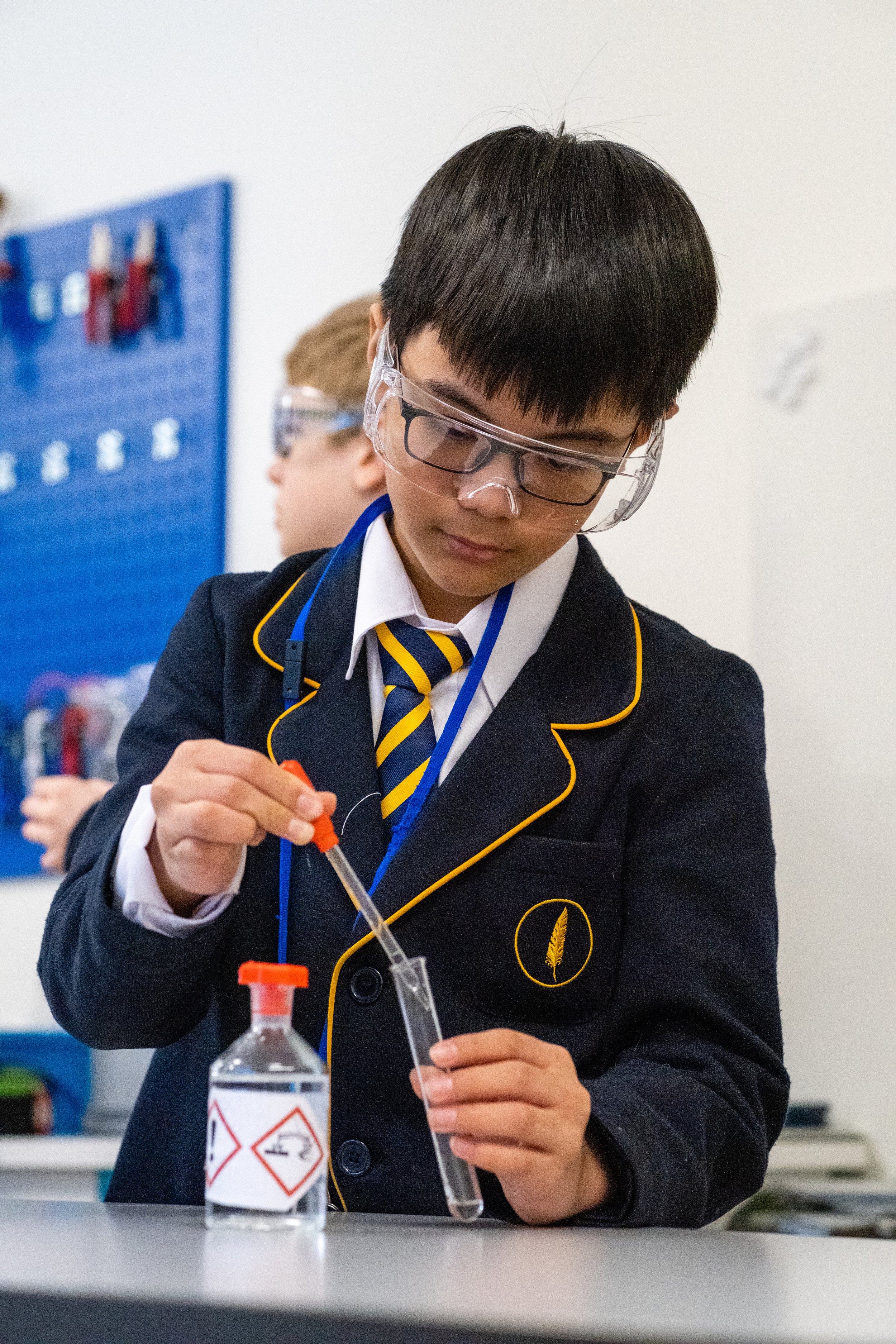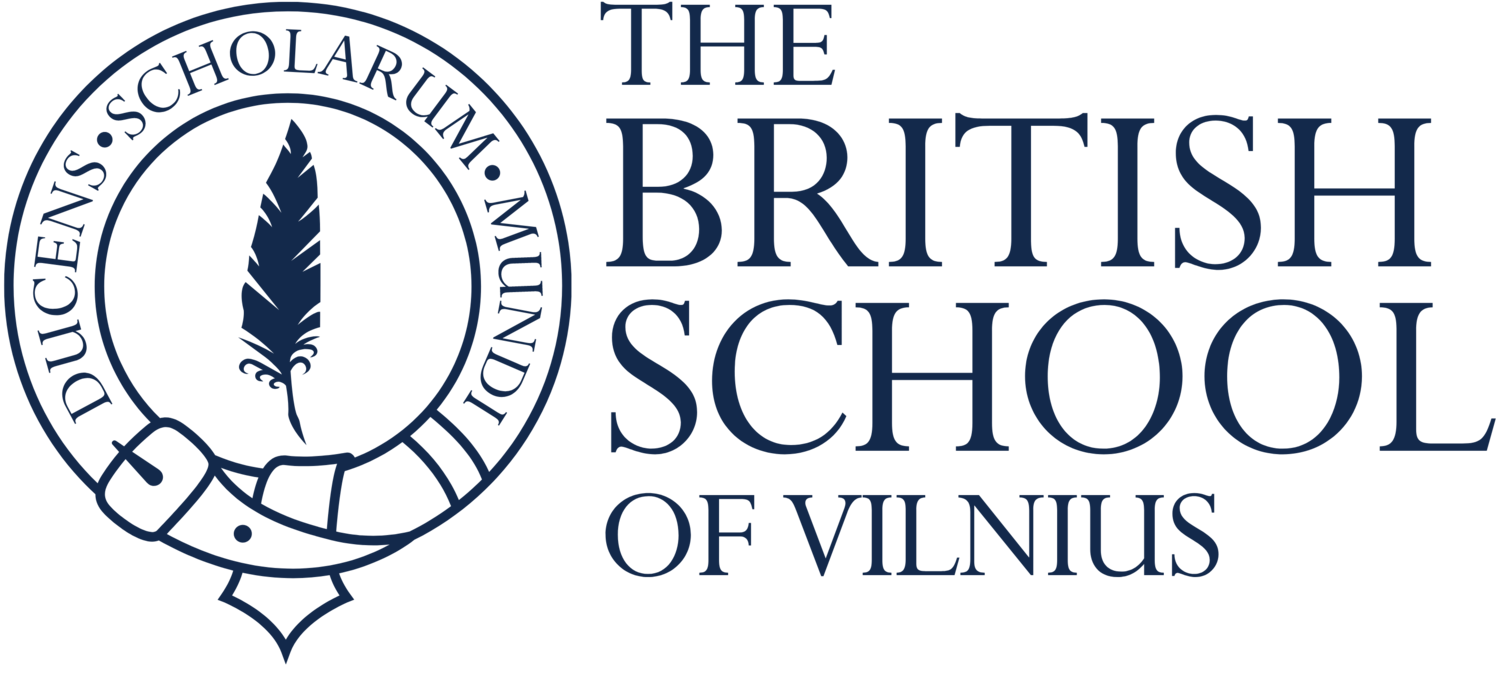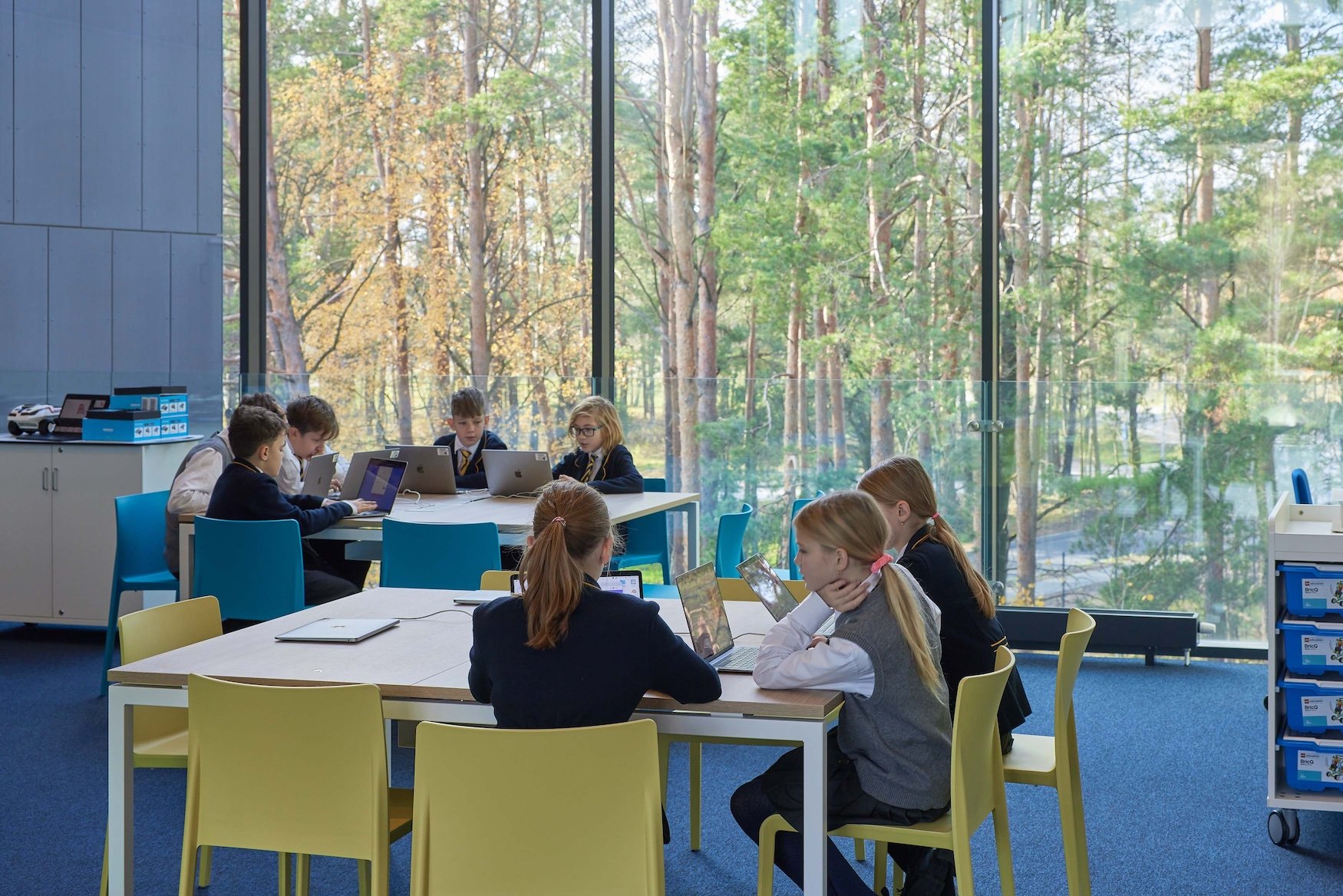
“Leadership & Learning Are Indispensable To Each Other”
John F. Kennedy
Our secondary school curriculum has been designed to meet the requirements of current national guidelines and our commitment to providing a wide range of subjects, including modern languages and vocational training options. Students are grouped differently depending on the needs of the subject.
Summary Of Secondary Curriculum
Our school follows the English National Curriculum, which is a broad, balanced, relevant, differentiated and inclusive curriculum. Our secondary curriculum is in line with the National Curriculum for England and all other legal requirements.
In secondary school, students formally receive a personalised curriculum that meets their individual needs and aspirations. There are clear and diverse paths between each key stage.
Our commitment to providing a curriculum that reflects a range of subjects, means students learn a modern foreign language at the GCSE level. Most students also study history or geography up to the GCSE level.
Our goal in this school phase is to provide them with an individual curriculum, and we engage students and parents in making decisions regarding their choices. All students take IGCSE exams in their selected subjects, provided that they meet the basic requirements for attending and courses or completing controlled assessments.
The curriculum offered provides clear development paths that allow students to continue their studies after 16 years, and prepare them for higher education and/or the world of work. Classroom support is provided to students whose English is an additional language.
Students have regular opportunities to expand their skills and talents, including providing additional classes and opportunities for more capable and talented students, as well as intervention and support as necessary. Formal learning assessments are conducted in accordance with our assessment and reporting procedure and goals are regularly communicated to students and parents. Student learning assessments are also more informal and frequent.
Key stage 3
Years 7, 8 & 9
Key stage 4
Years 10 & 11
A’ Levels
Years 12 & 13



